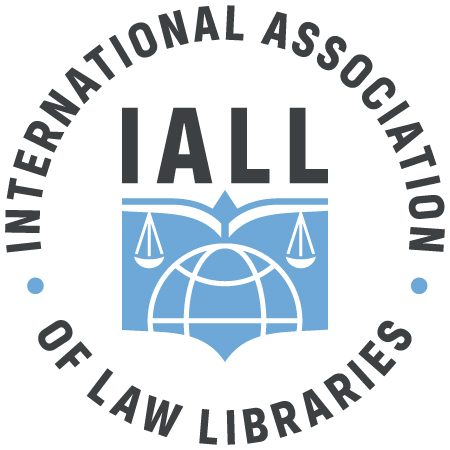By: Rheny Pulungan
Senior Coordinator, Discipline Hubs and Subject Support Tutors, Library Learning Services, La Trobe University
IALL bursary recipient 2022
Open access means making research available online, free of cost for anyone to access it. Open access is part of a wider ‘open’ movement to encourage free exchange of knowledge and resources to broaden access and encourage innovation, creativity and economic activity. Publishing in academic peer-reviewed journals is a critical part of the academic process that maintains research integrity.[1] However, most academic journal articles are behind a paywall which means only those with subscription can access these publications. This blog post will discuss transformative agreements (TA) negotiated by the Council of Australian University Librarians (CAUL) which aims to provide authors the opportunity to publish open access immediately on acceptance, and free of any transactional Article Processing Charges (APCs).
Read & Publish agreements (R&P) are a form of transformative agreement with a publisher that takes the library’s existing expenditure on subscriptions and repurposes it to cover both reading and publishing in that publisher’s journals. If an academic publishes in a journal that is included in one of the R&P agreements, they may be able to publish direct to open access with no transactional article processing charges.[2] A full list of over 5,000 journal titles is available and will be updated as more agreements are put in place. Big publishers including Cambridge, Oxford, Brill and Wiley have joined the agreements. Recently CAUL has also signed a deal with Elsevier to support transition to open access publishing alongside continued research access for Australia and New Zealand researchers.[3]
The recent deal with Elsevier has been seen as a big win for CAUL. A similar deal negotiated by Projekt DEAL in Germany was not reached.[4] In July 2018 the negotiations were broken off and formal negotiations have not yet resumed. There are now hundreds of institutions that no longer have a contract and thus no direct access to Elsevier journals. Similarly, the previous agreement between the Bibsam Consortium in Sweden and Elsevier was terminated in 2018 but after negotiations, a new agreement is now in place.[5]
The advantage of TA is quite clear: they are more transparent than journal licences, they allow authors to retain copyright, and they make provisions to facilitate open access workflows.[6] It also offers a framework in which libraries and publishers reorient the operations and financial streams of the subscription paywall system towards open access.
However there have been some criticisms on the agreements. Combining subscription agreements with APCs could lead to greater expenditures benefitting publishers and costing the libraries more. A possible solution to this problem is to partner with authors in paying publication fees. The University of California Library contributes $ 1,000 per article, and grant-funded authors are requested to pay the remaining portion of the APC. The library covers the APCs in full for unfunded authors.[7] Furthermore, with transformative agreements, there is still no transparency regarding publication costs. Although the costs of transformative agreements have been disclosed, it is not known how much institutions were previously paying for journal licences, let alone APCs.
To sum up, it is unlikely that TAs are helping to solve the cost problem, especially from the library’s perspective. However, TAs has made a substantial contribution to changing the scholarly communication model from journal license subscription towards Open Access. TAs are too new for us to see their impact, but library trends in the past such as Big Deals suggest that libraries must carefully evaluate the “transformative” nature of these deals.
Further reading
Transformative agreements Six myths, busted
Free research access for all to cost Australia an arm and a leg
Read and Publish: Is It Good for the Academy?
References
[1] Cathy Foley, ‘Unlocking the Academic Library: Open Access’ Australia’s Chief Scientist
[2] ‘Read & Publish Agreements Negotiated by CAUL’, Council of Australian University Librarians (2022)
[3] ‘Elsevier and CAUL Sign Agreement to Support Transition to Open Access Publishing alongside Continued Research Access for Australia and New Zealand Researchers’, CAUL (15 November 2022).
[4] ‘Elsevier News – Projekt DEAL’
[5] ‘New Transformative Agreement with Elsevier Enables Unlimited Open Access to Swedish Research’
[6] Ángel Borrego, Lluís Anglada and Ernest Abadal, ‘Transformative Agreements: Do They Pave the Way to Open Access?’ (2021) 34(2) Learned Publishing 216-232.
[7] Ángel Borrego, Lluís Anglada and Ernest Abadal, ‘Transformative Agreements: Do They Pave the Way to Open Access?’ (2021) 34(2) Learned Publishing 216-232.
This Blog contains entries by members of the International Association of Law Libraries on issues germane to the Association’s areas of focus. Views expressed in an individual entry only represent the views of the author.

